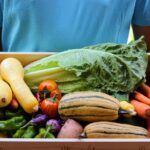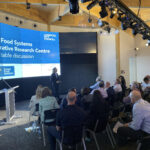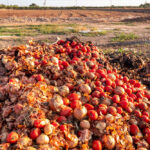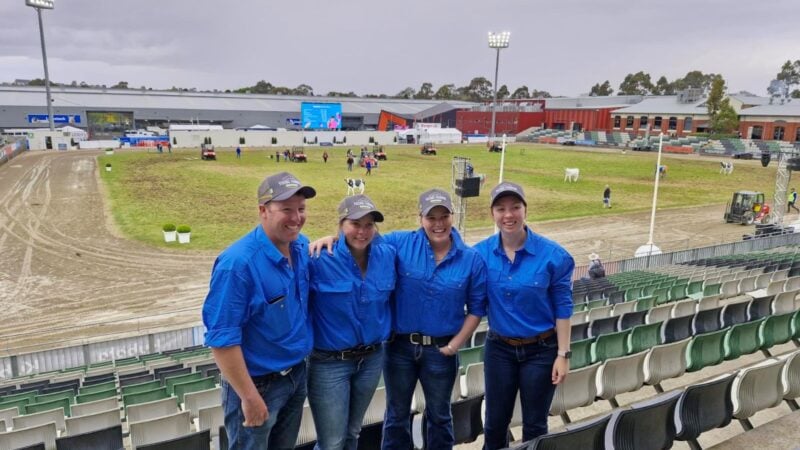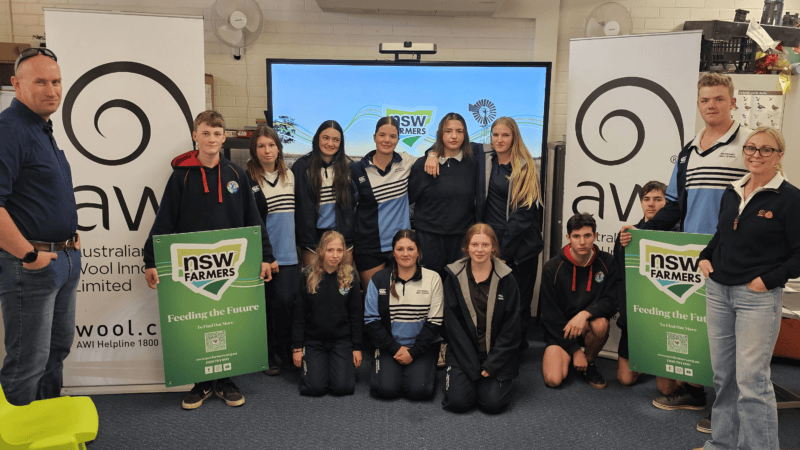In the wake of COVID-19, the home delivery boom in Australia is changing the way…
Skills, food & fresh futures

An innovative collaboration between Macquarie University Centre for Risk Analytics and Food Next Door Co-Op is changing lives by imparting financial literacy, social entrepreneurship and leadership skills to former refugee women via online learning.
Food Moves Skills is a two-year project spear-headed by Dr Fabiola Barba Ponce, who has a PhD in psychology and is a research fellow at the Centre for Risk Analytics, and her colleague, Professor Stefan Trueck, who provided the financial literacy component.
The project received essential backing from not-for-profit and philanthropic organisations, funding was provided by the Ecstra Foundation and the Lord Mayor�s Charitable Foundation in Melbourne through the Eldon and Anne Foote Trust. Crucially, the program was co-created with the three participants who were part of the pilot program.
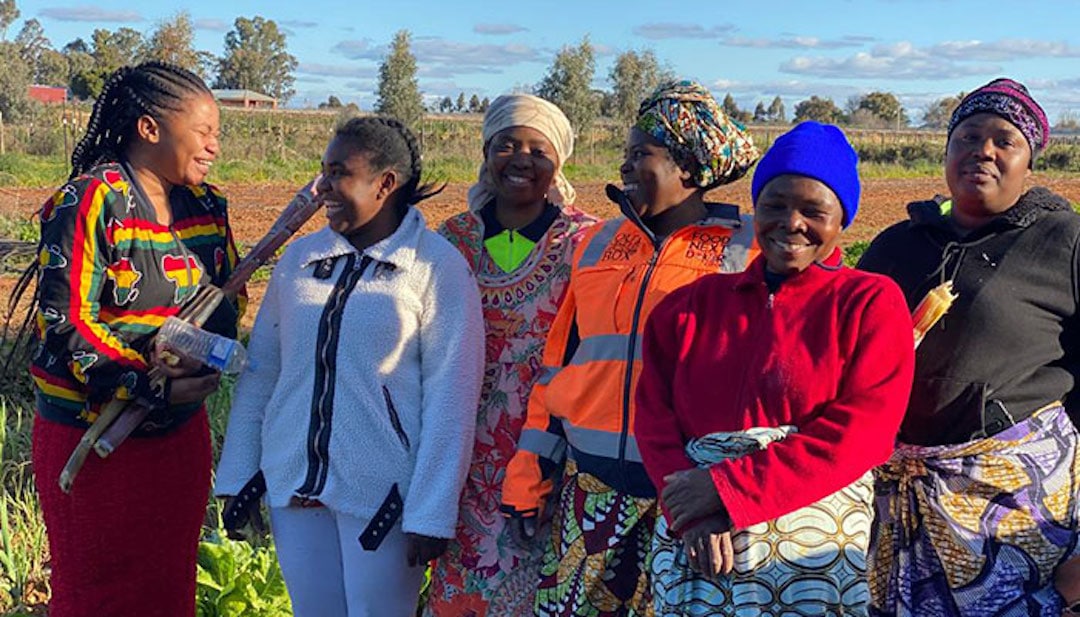
Dreams rooted in agriculture
�All of the women who participated in the program came from farming backgrounds and had their own farms in Africa,� Dr Barba Ponce says.
�They were growing food here in Australia for self-consumption but they also wanted to sell it. We knew they needed financial literacy and entrepreneurial skills. Because they come from a refugee background, we also needed to take a trauma-informed approach.�
The team established a culturally sensitive learning environment for participants, providing mentorship manuals and resources. The program also covered project management, social enterprise development, leadership skills and financial acumen.
Learning skills for life
As the project evolved, the team adapted it to participants� interests.
�One participant wanted to learn more about how to invest, so we adjusted the content of the program and included additional modules on making investments and buying shares,� Professor Trueck says.
�The participants learned about budgeting and important basic concepts of financial literacy. They learned how to create any project from the ground up. They learned about mentoring and how to lead and pass on the knowledge they gained.�
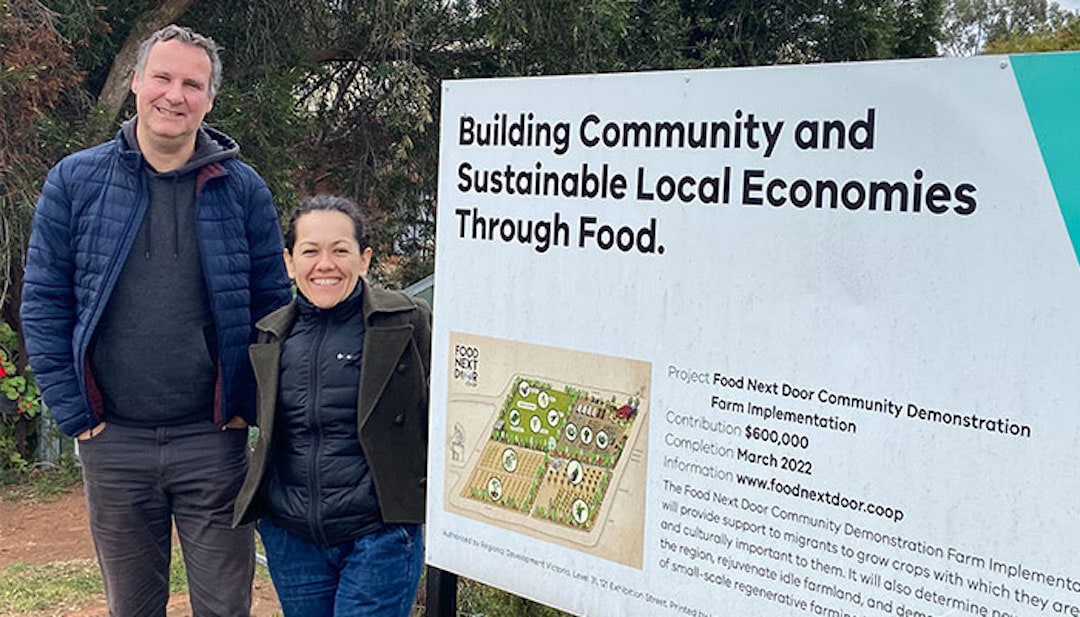
On the agricultural side, project partner Food Next Door helped the participants learn about biodynamic techniques, regenerative farming and more.
The women all have a strong connection with the land and farming. Growing crops native to their homeland such as African eggplant, melons, snap peas, and cassava provided a sense of familiarity, crucial for their transition into a new environment, Dr Barba Ponce says.
�You need to have familiarity when you have a lot of change, as it helps the transition process. So the way they achieved that was through enhancing their business and leadership skills in farming and growing crops, an area they already knew well.�
Despite facing challenges such as geographical distance, online delivery, and external crises like floods and the loss of a participant�s spouse to COVID-19, the team persevered.
Making a difference to many
Joselyne Ntahomvukiye, who came to Australia from Burundi, began growing and selling melons in her community via a social media platform. She is also excited to share her new skills with other members of the community.
�I was able to learn project planning which gave me an opportunity to continue by myself with projects I have,� Ms Ntahomvukiye says. �It opened many doors around my community. I am using computer skills now in my daily work. I am proud of myself when I am using the skills in the community group as a leader.�
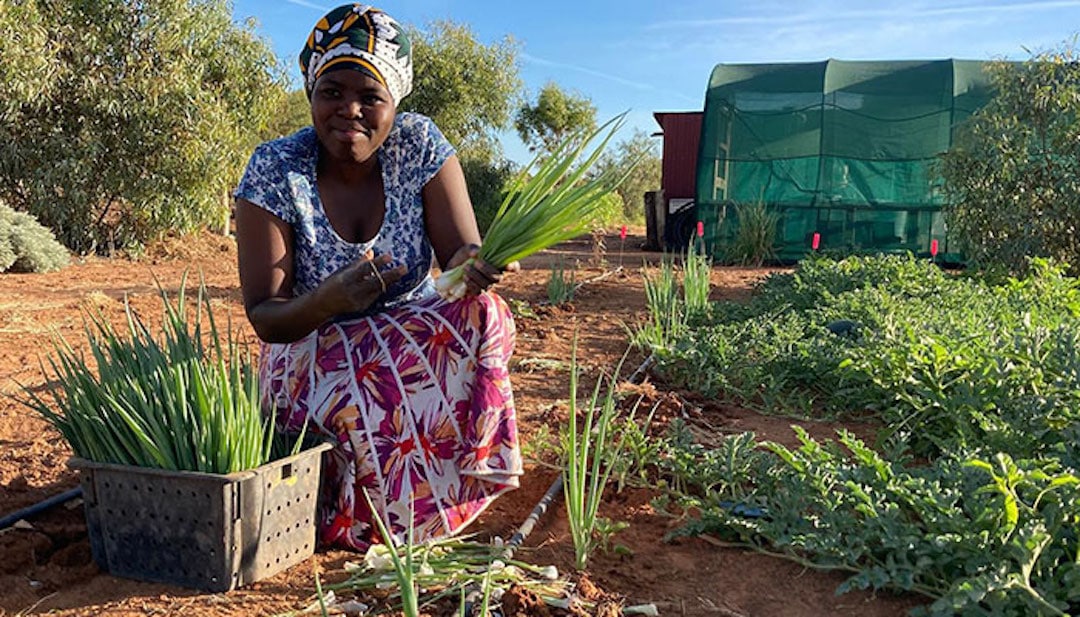
Beatrice Kabahire, who was also born in Burundi, says she learned a lot from the program and is eager to expand into cassava cultivation � a nutty-flavoured, starchy root vegetable commonly grown in Africa, catering to diverse communities in New South Wales.
�The program was extremely educational and focussed not only on the farming aspect but also financial literacy and computer development skills,� Ms Kabahire says.
�It was a great foundation for understanding how to operate our projects efficiently and the team were supportive and assisted in every way.�
With the pilot program�s successful conclusion, Dr. Barba Ponce and Professor Trueck are setting their sights on expansion to other parts of NSW, Victoria and Queensland. They aim to secure additional funding to enhance the educational offerings of Food Moves Skills and compensate the participants, who can then mentor and teach their communities.
�This program can also be taken to other regions where farmers who have English as their second language live,� Dr Barba Ponce says.
�You can see the results in the community, you can see the transformation in the women, their confidence and how they pitch their business.
�We have the heart, the passion and the collaboration. All we need now is the funding to continue making a difference in the lives of migrants and their communities.�
To learn about another program supporting regional development, click here.


